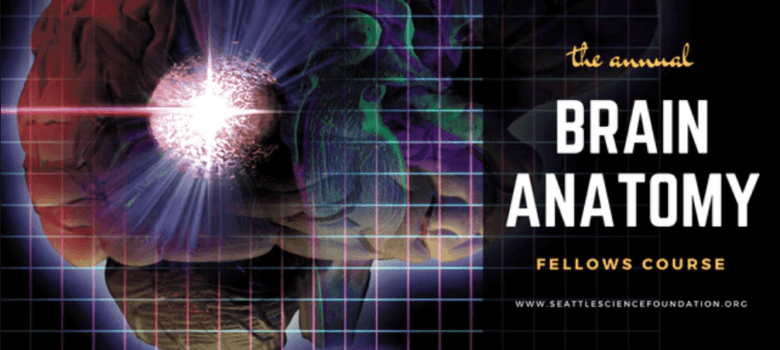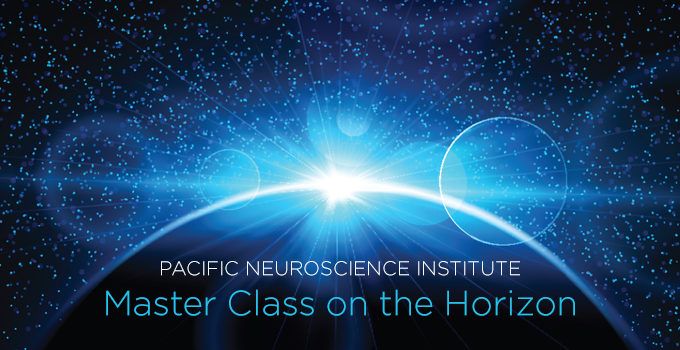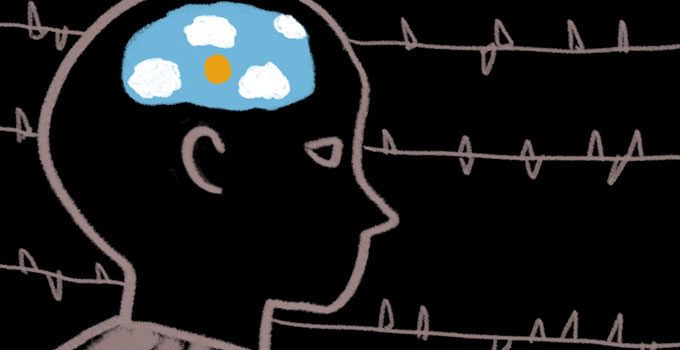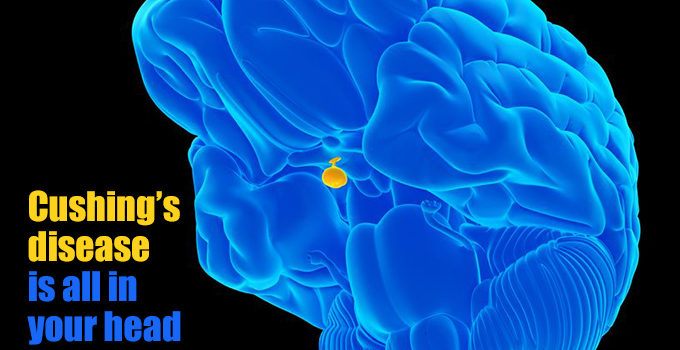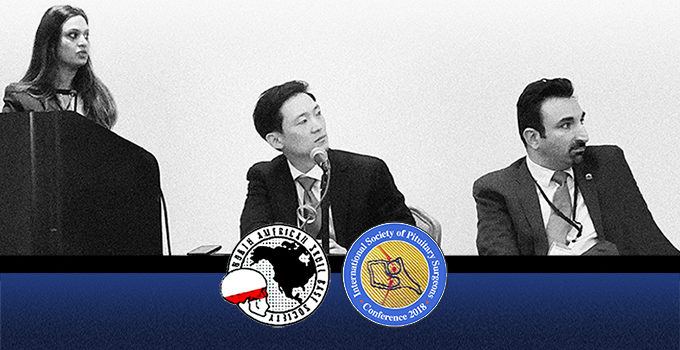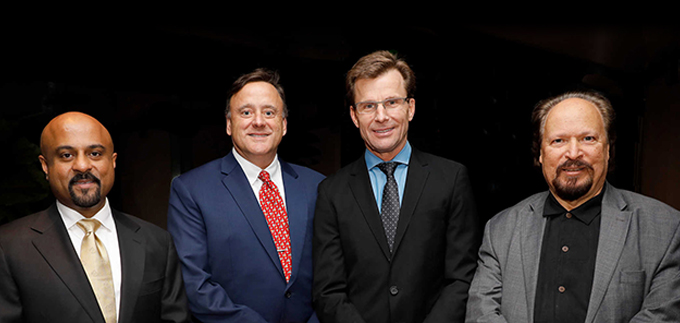
Blog
Seattle Science Foundation TV: Endoscopic Assisted Keyhole Approaches For Brain Surgery
by Zara Jethani
Keyhole surgery is the concept of safely removing brain, skull base and pituitary tumors through smaller, more precise openings that minimize collateral damage to surrounding scalp, brain, blood vessels and nerves. A majority of these tumors can now be removed via one of the several keyhole approaches available nowadays, using a small craniotomy (bony skull opening) or an approach through the nostrils. These approaches are technically demanding, require specialized instrumentation, significant surgical expertise and are not appropriate for all tumors. Find out more.
A Day in the Life of a Neurosurgery Fellow
by Mahyar Pakizegee
What is it like to be a brain surgeon? Take a look behind the scenes and follow a young doctor through his day as a neurosurgery fellow in a busy practice at Pacific Neuroscience Institute in Santa Monica, California.
The Pituitary Tumor That Changed A Life: Cushing’s Disease
by Guest Author
A former pituitary tumor patient joins forces with the Pacific Pituitary Disorders Center to bring awareness to Cushing's disease and other pituitary tumor-related syndromes. Read about Sharmyn McGraw's 7-year journey.
Announcing Hands-On Keyhole and Endoscopic Brain Surgery Course in January 2019
by Daniel F. Kelly
Pacific Neuroscience Institute & The Ohio State University Surgeons Host Master Class in Keyhole & Endoscopic Brain Surgery in January 2019. Find out more and surgeons can register now.
Pregnancy Could Be Linked to Onset of Cushing’s Symptoms, Retrospective Study Suggests
by Guest Author
More than 25 percent of women with Cushing’s disease experienced their first symptoms within one year of giving birth, a small study by researchers at Pacific Neuroscience Institute found.
Doing Our Best With Pituitary Disorders
by Guest Author
Pituitary disorders are still considered by some “rare”, although many experts consider them unfortunately rarely diagnosed. Find out what you can do in this article by Marriage & Family Therapist, Linda M. Rio.
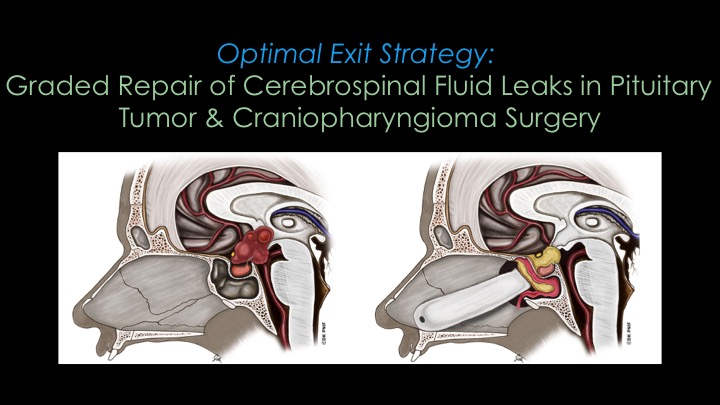
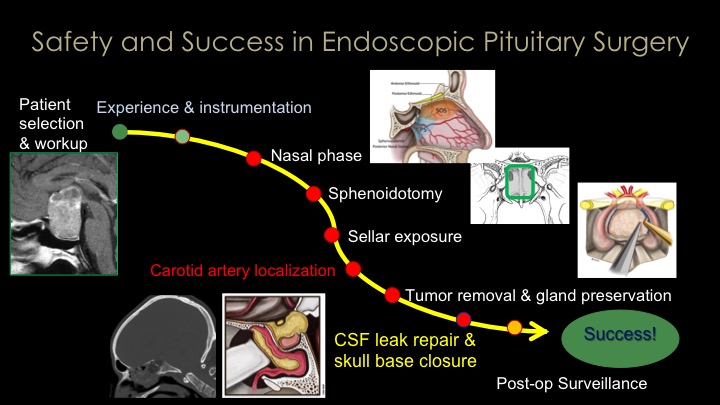
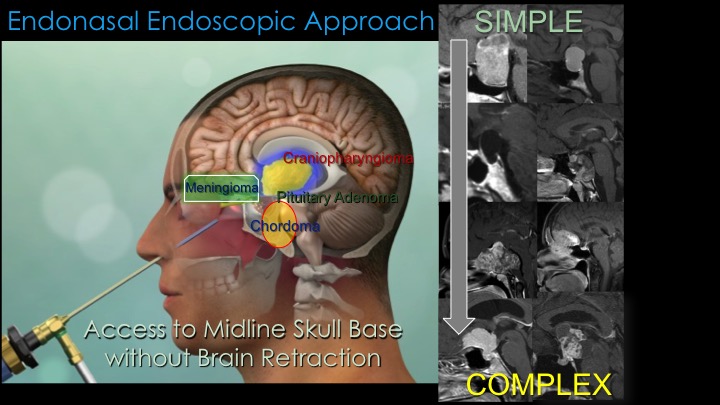
Keeping Cerebrospinal Fluid Leaks and Meningitis at Bay
by Daniel F. Kelly
Keeping Cerebrospinal Fluid Leaks and Meningitis at Bay. Defining the optimal exit strategy in pituitary and skull base tumor surgery, PNI authors have published a landmark article in the May 2018 issue of Journal of Neurosurgery. Leading the way in the field of minimally invasive surgery, PNI’s expert team reported on intraoperative repair of skull base defects and prevention of post-operative CSF leaks and meningitis in over 500 patients with pituitary tumors and skull base tumors.
The Importance of Cushing’s Disease Awareness
by Sharmyn McGraw
The root cause of many hormonal imbalances is a small pea-size gland, the pituitary, sitting at the base of the brain, which often houses the tiniest of tumors. Patient advocate, Sharmyn McGraw raises awareness for the debilitating and often over-looked Cushing’s disease.
Pituitary Surgeons Come Together
by Howard R. Krauss
It has been an exciting time for pituitary surgeons specializing in pituitary and skull base care with back-to-back meetings in San Diego, California. Here are some PNI highlights from the North American Skull Base Society (NASBS) & International Society for Pituitary Surgeons (ISPS) Annual Meetings, 2018.
Pacific Neuroscience Institute: Looking Back at 2017 and Looking Ahead to 2018
by Daniel F. Kelly
The past year at Pacific Neuroscience Institute was one of amazing growth and transformational milestones. Read about what we have accomplished and what lies ahead in 2018 including a new clinic and novel clinical trials.
Last updated: January 10th, 2018
